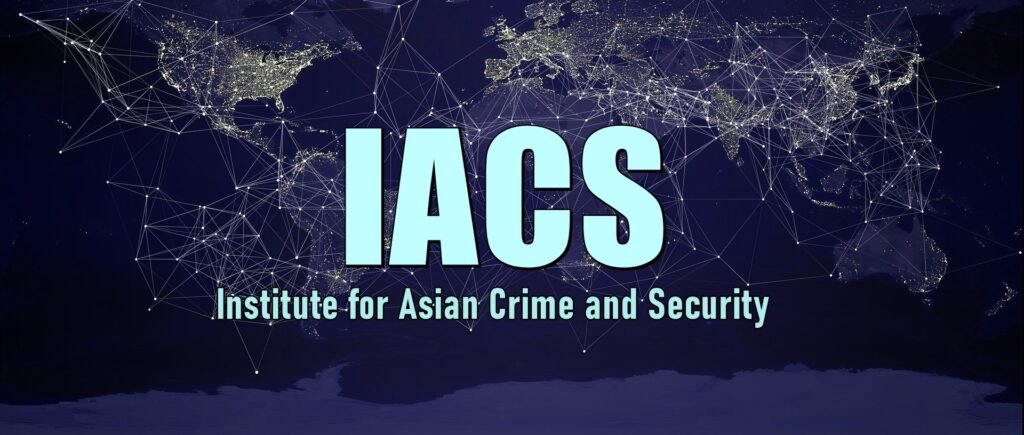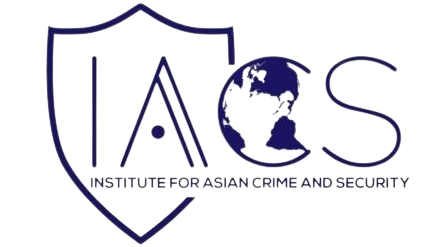Edward Said, in the book Orientalism (1999), talked about the notion that has developed of the East that has been built by the West and how the West has created this perception in order to continue perpetuating power relations. In the book, the East is initially conceived as an exotic world, with images of spices, desert and also wars. However, reality differs from this image that often appears in Hollywood movies and Google images. Said documented his work not only pretending to demystify constructed reality and to exhibit a gap between what the East is “supposed” to be and what it really is, but he also uses this book as a denunciation.
Said presents Orientalism as “a projection of the West on the East and its will to govern it” (Dolgopol, 2013), where the literature created does not serve to “understand and coexist, but to dominate it better” (Dolgopol, 2013). The idea of the East is not new, but its beginnings go back to ancient times, where this idea was created as an antithesis to the West. Therefore, without the West, the East does not exist. In fact, the Orient is presented as a degraded, vile and dangerous version by Western standards. It is presented as a precarious place, remote and with a religion opposed to the Christian faith, crossing out the Koran as a distorted book, and with the aim of creating even more distinctions. Europeans can express and create a version of the East, because they can. They can because the East has been colonized, and the West appropriates the word of the East. The European settlers, in living there and knowing the culture, history and tradition, can and should give a voice to the Easterners. Therefore, the discursive production of what the East is has been subject to power relations and intrinsically to imperialism.
For Foucault, power “creates areas of knowledge (truth is linked to power), areas of reality, above all: it normalizes, disciplines” (Rojas, 1984) and “… above all, power exercises a function of normalization” (Rojas, 1984), being the discourse, an instrument and effect of power. As such, the relationship between these two is one of power, and Said expresses it this way. Returning to the above, this discursive projection legitimizes power relations, since the latter is articulated in the discourse. The creation of literature and specialization of the East serves Westerners to “describe, teach, colonize and decide on it” (Dolgopol, 2013). Through the reproduction and reinforcement of the idea of what the East is, this discourse is further legitimized and the unequal and power relationship is further consolidated.
Said, in Orientalism, also introduces the notion that the East is conquered for its own sake and not for European economic advantages and interests in that territory. The discourse of the lack of civilization in the East and the desire of the Western powers to bring democracy and civility to the East. This is connected and reproduced in the literature and discourse used to justify the idea that “supremacy is inevitable, and it is in the natural order of things” (Dolgopol, 2013).
Edward Said creates the concept of Orientalism as a result of his own experience as an Arab and in order to understand this phenomenon. As a Palestinian-American, Said notes that what he knows of the ‘Orient’ and his personal experience as an ‘Oriental’ does not match the reality portrayed in art. One must consider the reason why artists capture the East in such a way that it differs so much from the one that Said experiences throughout his life as an Arab. This concept will be born and will be called ‘Orientalism.’ Therefore, from a personal experience as insignificant as a painting can be, it will explode into the creation of a work that reveals the dynamics of power and domination through colonialism and which is reinforced by a discursive production at the political and literary levels.
The question one must ask at the end of this discussion is: are this speech and Said’s work still relevant? The answer is emphatically: “yes!” Despite the fact that Said evidenced this type of dynamic in the 20th century, making him one of the most obvious critics of that era, these practices do not differ much today compared to the previous century. This viewpo犀利士5mg
int and therefore his work and the criticism targeting him continue to still be valid. Orientalism, as a discursive production, continues in force and manifests itself in very varied ways. Orientalism is the expression of a European technician or expert in the Middle East affirming that Islamic terrorism in the continent is the result of resentment. Orientalism is the speech of a western leader stating that the Arabs must be tamed and need to be democratized again.
Orientalism,威而鋼
being a discourse established in society, is still valid and will continue for a long time. Orientalism continues in the invisible undertones of western politics and its conception of the East. Orientalism continues in how many individuals claim they are not racist, but while saying that people should belong in their place. It continues in the inability of ordinary citizens to form an idea beyond the predominant discourse constructed by the West, not only in the highest spheres of politics, but also in ordinary citizens.
References
Dolgopol, D.G. (2013). Breve comentario sobre el libro “Orientalismo”, de Eduard Said. Publicación digital de Historia y Ciencias Sociales, nº337, pp.1-13. ISSN 1989-4988.
Naciones Unidas (1978). Anuario de las Naciones Unidas – Situación en Oriente Medio. Volumen 32. Extraído de https://www.un.org/unispal/document/auto-insert-206510/
Rojas, C. (1983.). M. Foucault: El discurso del poder y el poder del discurso. https://revistas.javeriana.edu.co/index.php/vniphilosophica/article/view/16912/13530
Said, E. W. (1999). Orientalismo (Vol. 279). Feltrinelli Editore
Featured Image Credit: The Middle East Institute Website
About the Author: Marina Tovar is an International Relations Graduate and a former Junior Researcher at IACS.








